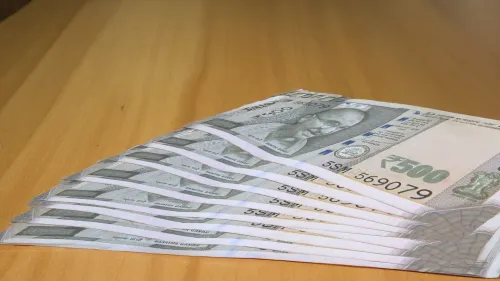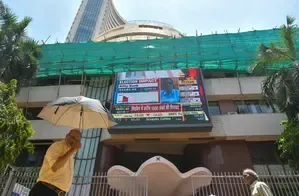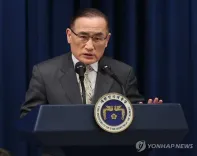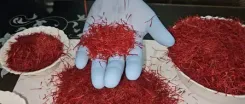Are IIT-Delhi and Global Automakers Finding Alternatives to China's Rare-Earth Restrictions?

Synopsis
Key Takeaways
- China imposes restrictions on rare earth elements.
- IIT-Delhi is developing alternative electric vehicle motors.
- Global automakers are innovating rare-earth-free EVs.
- China controls approximately 50 percent of the world's rare earth deposits.
- Beijing's recent curbs have disrupted the supply chain.
New Delhi, Oct 22 (NationPress) China's curbs on rare earth elements are propelling a worldwide shift towards electric vehicle motors that do not rely on these resources, according to a recent report. The Indian Institute of Technology (IIT) Delhi is actively engaged in crafting alternative technologies.
As China attempts to exert control over the global market by limiting the availability of rare earths, leading automotive manufacturers from the US, Germany, Japan, and India are innovating electric vehicles that do not depend on rare earth materials for their batteries, the European Times report indicated.
In India, IIT Delhi is focusing on creating motors that either use significantly reduced amounts of rare earths or eliminate them entirely.
Globally, automotive giants such as Tesla, BMW, General Motors, Borowarner, Jaguar, Land Rover, ZF, Vitesco, Renault, Nissan, Mercedes-Benz, Toyota, and Bentley are working on models of electric vehicles that do not utilize rare earths.
Tesla has managed to reduce the usage of heavy rare earths by 25 percent in each vehicle, while companies like BMW are advancing towards designs that either avoid magnets or minimize rare earth usage. Furthermore, Mercedes-Benz is nearing a 0 percent heavy rare earth content in its upcoming electric vehicle lineup, as per the report.
On October 9, Beijing enforced new restrictions on rare earth elements and associated technologies, following similar actions in 2018 and 2023. These measures disrupted the supply of critical elements like neodymium and dysprosium, which are vital for permanent magnet motors and heightened both political and supply-chain vulnerabilities.
In April 2025, when former US President Donald Trump imposed additional tariffs on products from China, Beijing retaliated by instituting export controls on a range of heavy rare earth materials, targeting the US and other nations, including India, causing challenges for India's automotive sector.
China possesses approximately 50 percent of the world's rare earth deposits, which it reportedly uses to leverage influence over other countries, as stated in the report.
Though in August, Beijing lifted export restrictions on rare earth magnets to India, by September 9, Indian enterprises had yet to receive approval for any import applications, the report highlighted.










